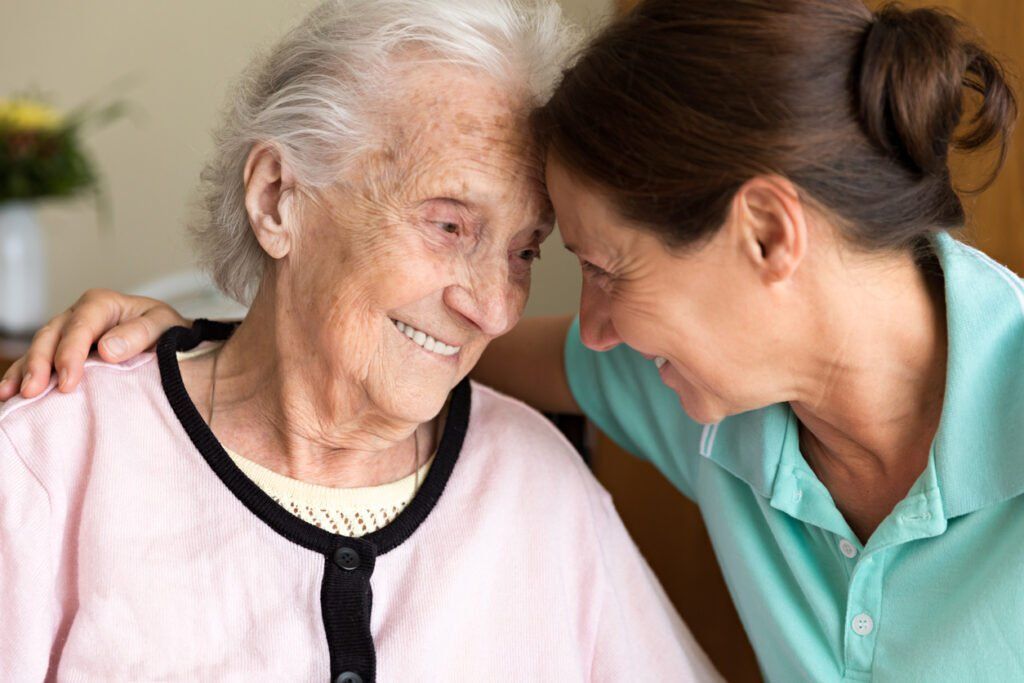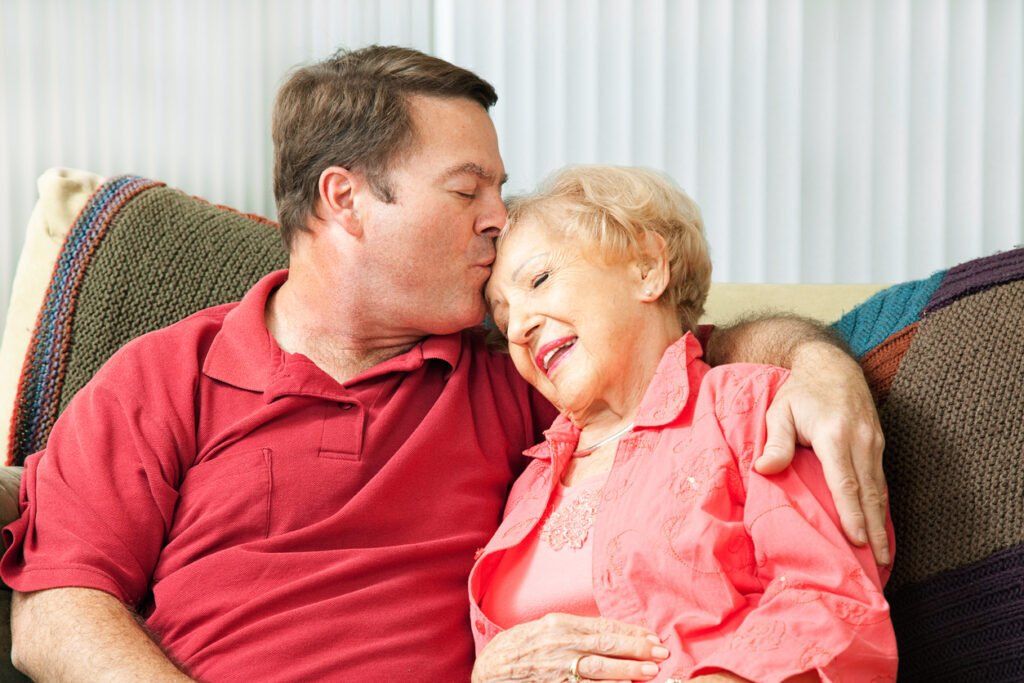Caregiver Stress: Causes, Warning Signs and How to Get Your Life Back
 Leawood, KS – Caring for an aging loved can be difficult for the caregiver. Both emotional and physical strain can add up, causing a decline in overall health. This is especially true when caring for those that suffer from long term or permanent conditions. Avoid burnout by understanding the causes and recognizing the warning signs of caregiver stress.
Leawood, KS – Caring for an aging loved can be difficult for the caregiver. Both emotional and physical strain can add up, causing a decline in overall health. This is especially true when caring for those that suffer from long term or permanent conditions. Avoid burnout by understanding the causes and recognizing the warning signs of caregiver stress.
Causes
The demands on a caregiver’s time can be constant. This makes it difficult to achieve any sort of balance between work and home-life. Bathing, feeding, dressing, cooking, and administering medications leave little opportunity to focus on having a life outside of the care giving relationship.
Physical burdens create additional stress. Lifting, running errands, and shopping require energy that takes up valuable time and can leave one feeling drained. Caregivers often forget about the benefits of exercise to build strength and boost energy. These things are necessary to stay healthy and strong.
Sometimes, the added burden of being the sole provider of emotional support and mental stimulation can result in the caregiver neglecting to nurture their self. Experiencing the effects of both isolation and having very little personal space, caregivers often fail to take the time to socialize with other people, let alone make personal alone time a priority. When these basic psychological needs are neglected, conflicted feelings result.
Internal conflict sometimes takes the form of feelings of depression, anxiety, and guilt. Caregiver stress may cause a person to feel disloyal or selfish for wanting to have a life of their own. Taken together, these negative thoughts or feelings compound stressors and create a sense of becoming overwhelmed.
Some caregivers also have the weight of financial responsibility riding them. Paying medical bills, buying supplies, and handling someone else’s finances can consume a large part of a caregiver’s resources. All of this is usually done for no pay or reward, other than the satisfaction of providing for your aging loved one.
Warning Signs
The signs of caregiver stress closely mimic those of depression. They include, but are certainly not limited to, any of the following:
- Changes in sleeping patterns
- A constant sensation of being tired, overwhelmed, and grumpy
- Feelings of anger or resentment
- Lack of social activities or withdrawal, no interest in hobbies
- Changes in weight and neglecting personal appearance
- Depression and anxiety
By failing to recognize and validate caregiver stress, people deny themselves the happiness of living a rewarding and balanced life. They also risk negatively impacting their own health. The following tips will help you manage your stress and achieve the balance you need in order to get your life back.
Be realistic.
There are many tasks to handle in addition to the physical care of an elderly loved one including managing medical appointments, legal affairs and finances. You can reduce your stress level by prioritizing tasks and then breaking larger tasks into smaller steps that can be easily completed. Develop a routine that includes a balance of care giving, family life and self-care.
Make self-care a priority.
Caregivers who are healthy and well rested are better able to manage the ups and downs of daily life. Self-care includes scheduling time to spend on enjoyable activities including reading a favorite book, gardening or seeing a movie. It is important to include both social time with friends as well as time alone in order to fully recharge your batteries. Make it a priority to include time to exercise, prepare healthy meals, get adequate sleep and maintain your own health.
Develop a support network.
Caregivers often feel isolated. An informal support network can include friends or family members who can allow you to safely discuss your concerns and can help keep you encouraged on difficult days. More formal support groups can be found in the community. Community support groups are often available through local hospitals or community service agencies and may focus specifically on topics including care giving, Alzheimer’s or dementia.
Be willing to ask for help.
Stress increases dramatically when a caregiver feels overwhelmed by everything that they must manage. When you feel your stress level rise and need a break, ask a family member to help provide respite care. Learn about resources available to the elderly in your community. Community supports may include medical transportation, home meal deliveries, home medical aides, visiting nurses, adult day care and in-home respite care.
The post Caregiver Stress: Causes, Warning Signs and How to Get Your Life Back appeared first on Kansas City Home Care.
REQUEST FREE
IN HOME ASSESSMENT
REQUEST FREE IN HOME ASSESSMENT









